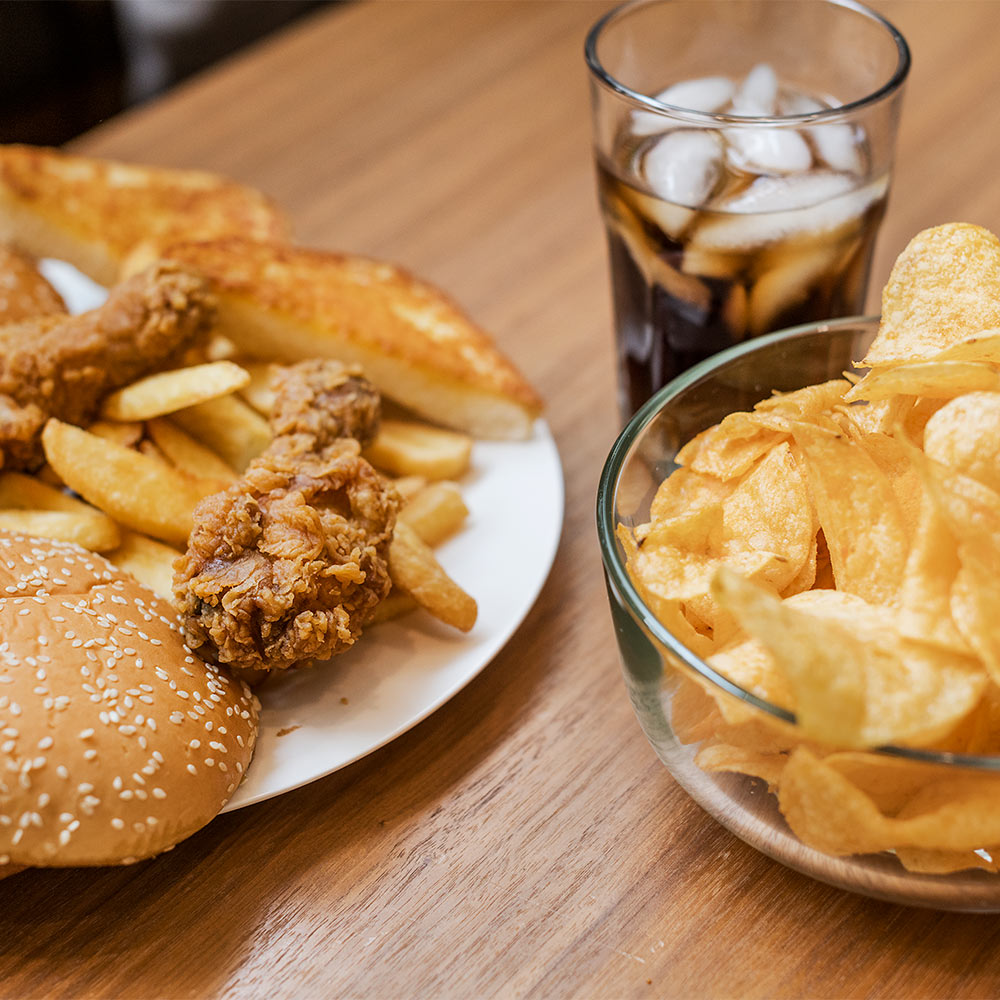Eating disorders
Eating disorders are conditions where individuals are obsessed with food, eating and their body size. This obsession takes over their everyday behaviours and daily thoughts. Individuals with eating disorders use unhealthy behaviours to try to gain control over their lives.
Here are some statistics on eating disorders:
- According to a 2002 survey, 1.5% of Canadian women aged 15–24 years had an eating disorder
- According this same survey, 28% of girls in grade nine and 29% in grade ten engaged in weight-loss behaviours and disordered eating behaviours
- Eating disorders rank as the third most common chronic illness in adolescent females (Canadian Pediatric Society)











